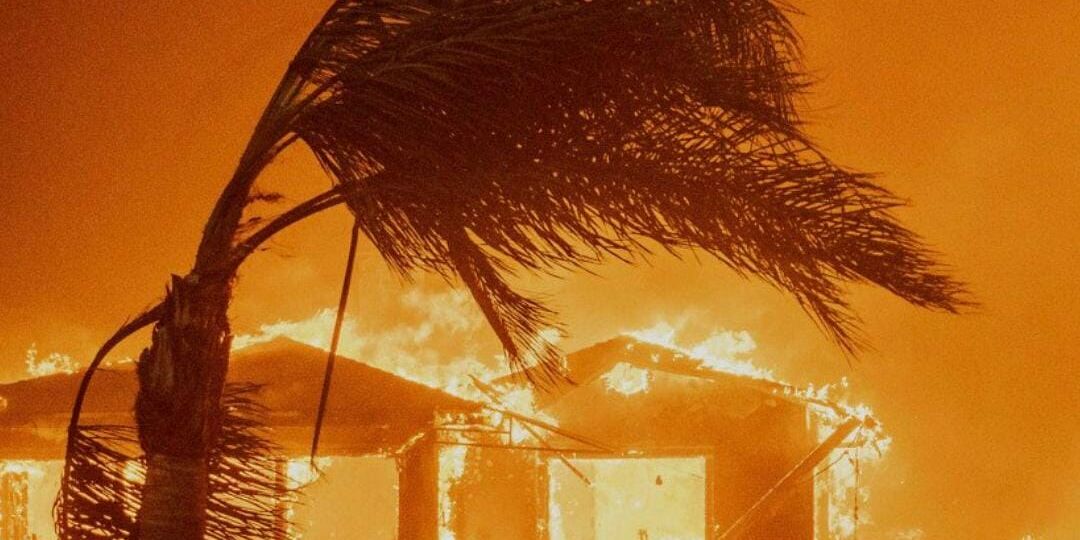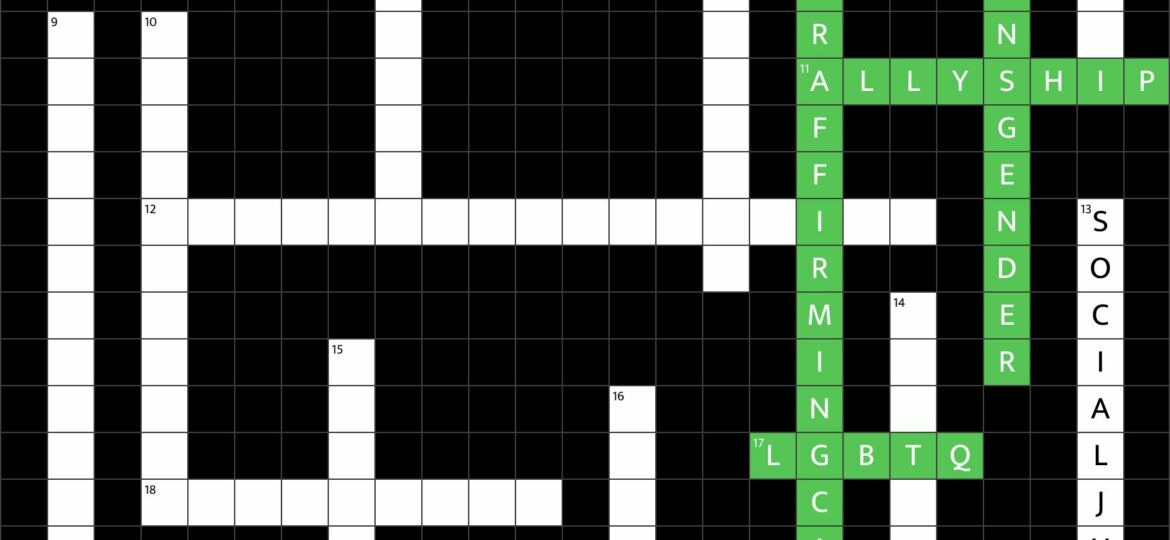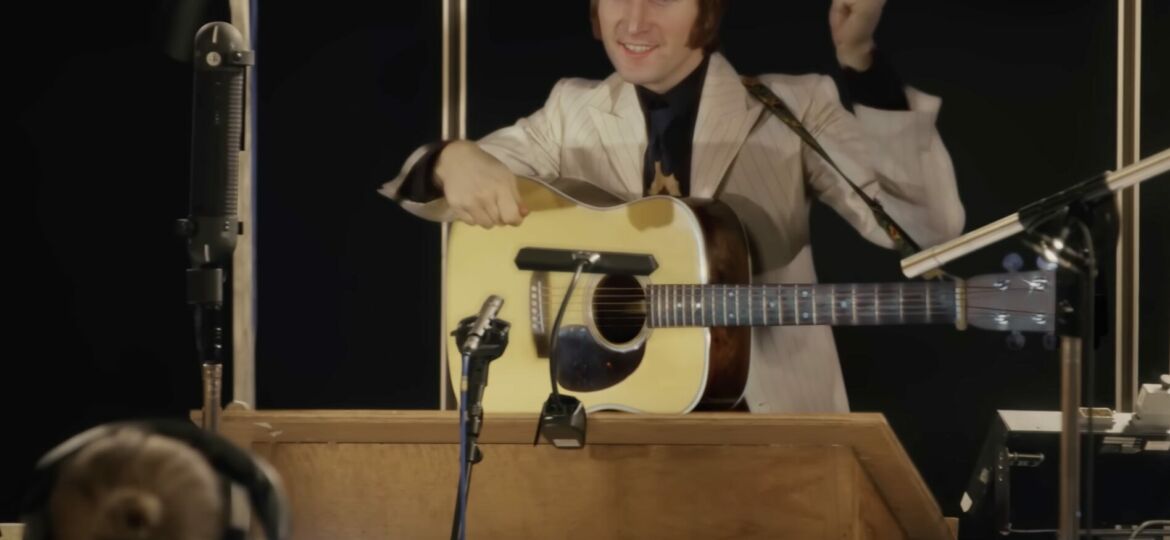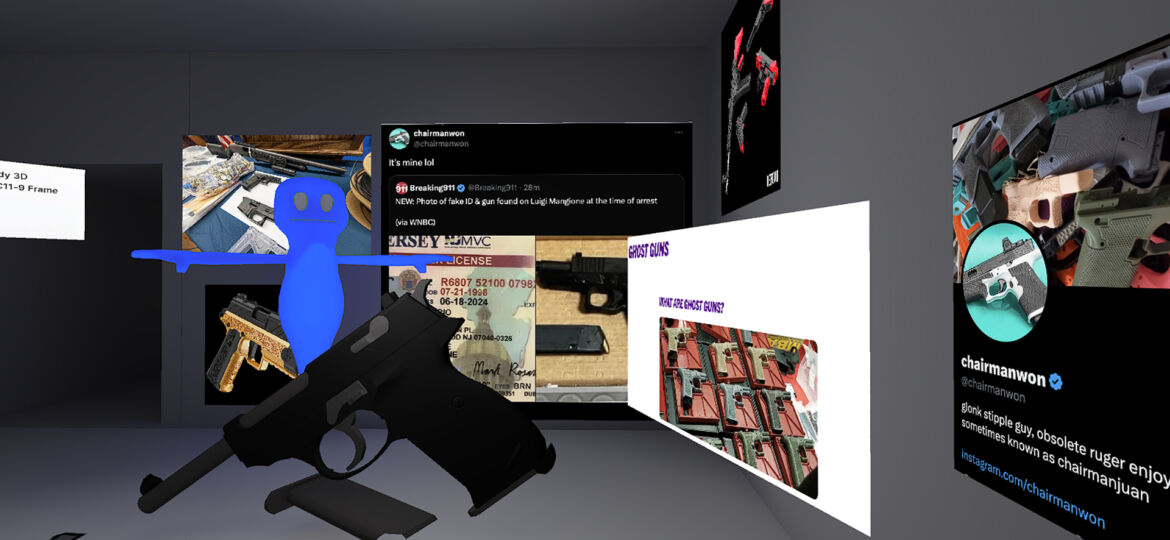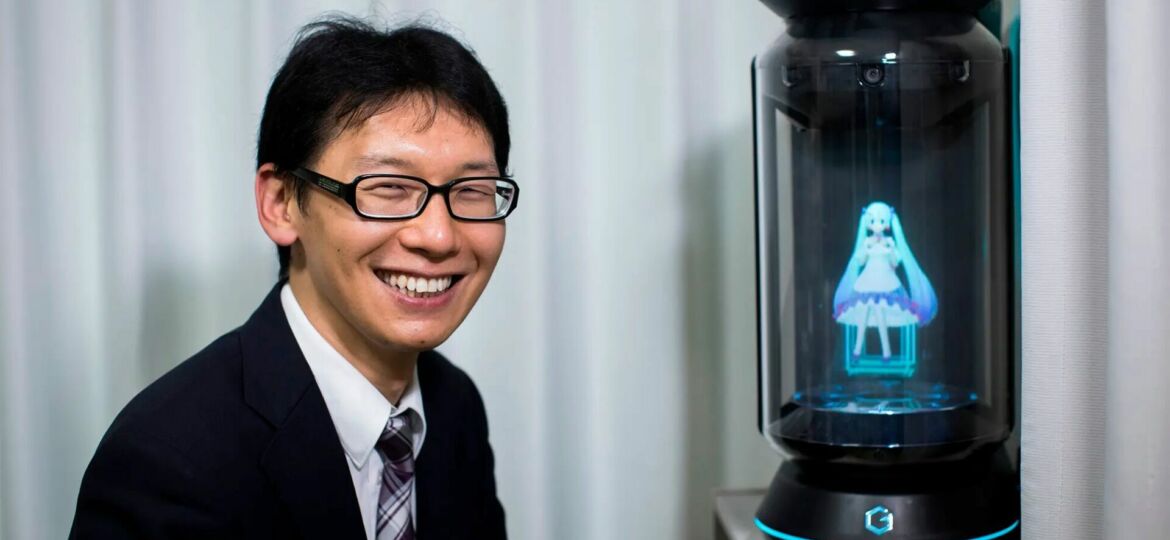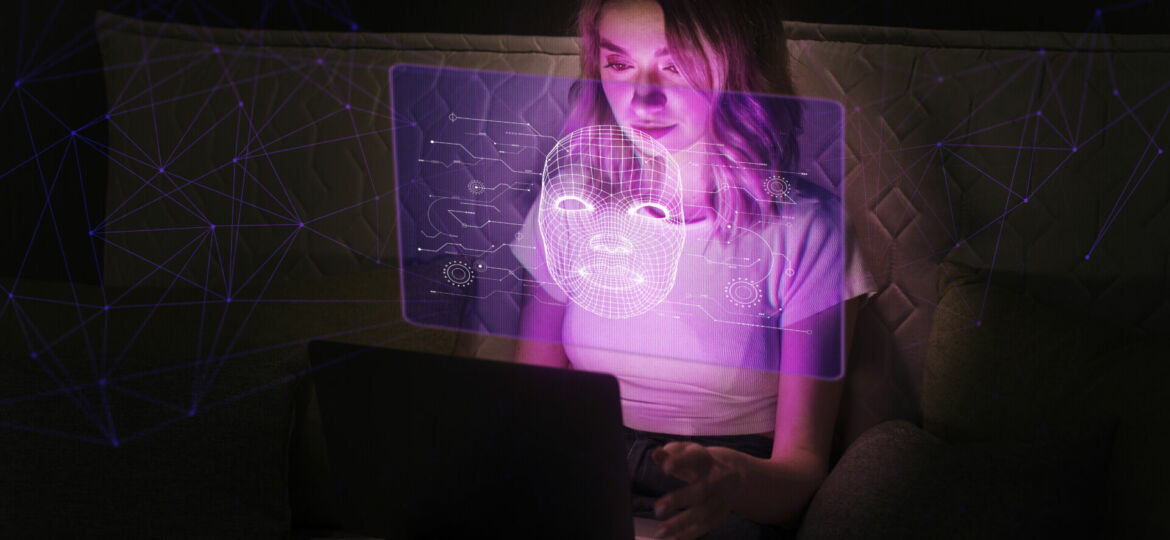The Oxford English Dictionary has chosen “brain rot” as the word of the year for 2024. The expression— which we could translate as “brain decay”—perfectly captures that feeling of mental numbness experienced after hours of mindless scrolling on social media.
Between real flames, real wars, and digital filters, we cannot agree on the right or wrong way to post about pain online—forgetting that social media are structurally ambiguous platforms, just like us.
Recent news has reported Donald Trump’s decision to introduce a list of “banned” words—terms that should no longer appear, or should be significantly reduced, in official documents in order to align with his political vision.
NEXT UP FEBRUARY 2025 Event Selection II NEXT UP is the column curated by Beatrice Rainone, dedicated to a critical…
CLUSTER Cluster explores the new senses that cluster around musical currents of the past and present, their aesthetics and practices….
Metagames are games built upon other games. However, according to LeMieux and Boluk, in reality, “metagames are the only kind of games that we play.” Every game is situated within a context that influences and alters it, creating a metagame that we ultimately play, and every game becomes part of an assemblage of human and non-human agents, integrating into complex systems that can never be fully comprehended.
In Japan, many people are turning to Artificial Intelligence to cope with growing social loneliness. As Spike Jonze tells us…
NET ECOLOGY di Laura Cocciolillo If you’ve been following this column in recent weeks, one thing should be clear by…
LA RIVOLUZIONE ALGORITMICA A critical and philosophical look at artificial intelligence and its influence on society, culture and art. La…
QUANTUM LEAP Quantum Leap is a new programme where past and future meet in a journey through art, technology and…



